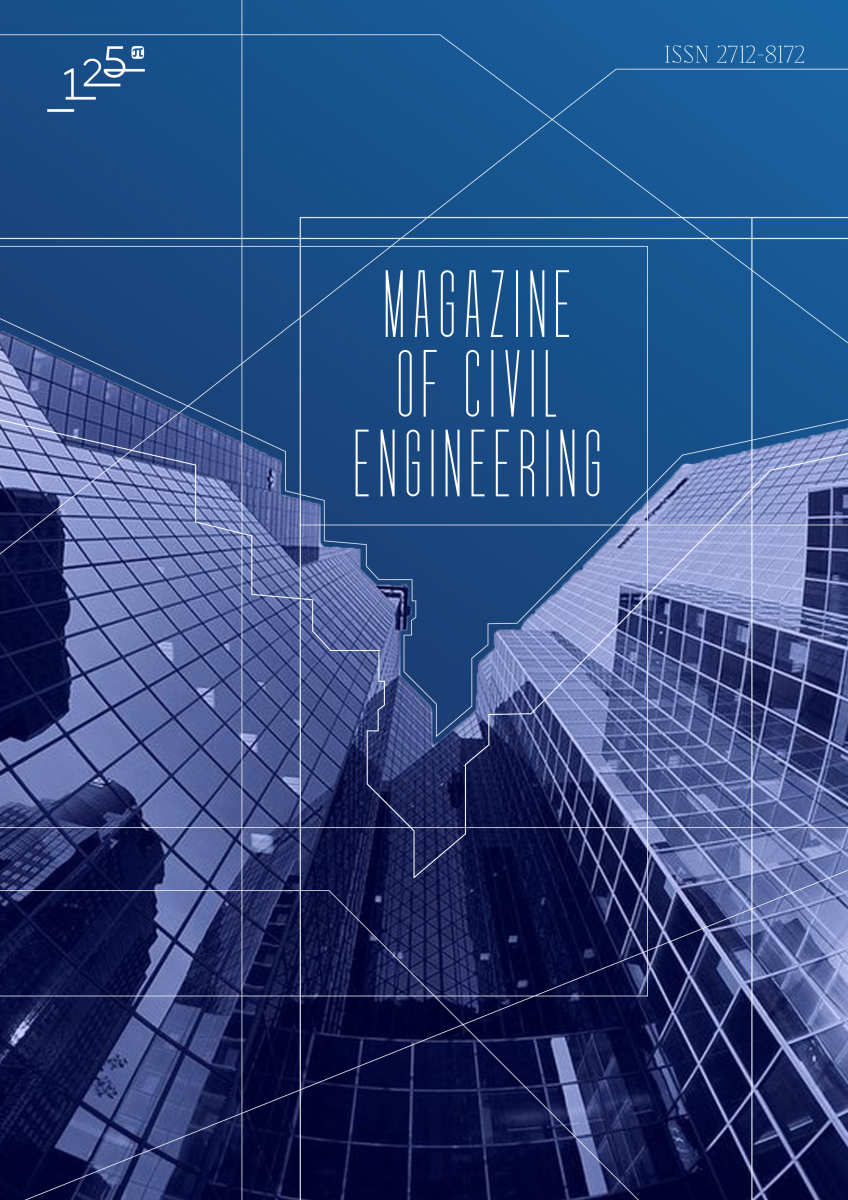Rheological behavior of 3D printable cement paste: criterial evaluation
The extrudability and firm stability are the criterial rheological characteristics of building 3D printable mixtures. From the point of view of classical rheology of disperse systems, the theoretical analysis of the rheological behavior of a cement paste has been analyzed for all stages of 3D printing process. Apparently both the theoretical analysis criteria and technological tools to control rheological behavior of a 3D printable mixture have been justified. The squeezing test is used in the experimental research as a rheological behavior identification tool of cement-based materials, in order to evaluate the extrudability and buildability. The squeezing test, with constant plate speed, is determining plastic yield value and elasticity criterion of a cement paste as criteria of the extrudability. The squeezing test, with constant strain rate, is determining structural and plastic strength, plastic deformations as a criteria for the ability of a cement paste to hold shape during multi-layer casting. It is shown that these properties are significantly controlled by the W/C-ratio, concentration of plasticizer additives as factors of changes in the concentration of the dispersed phase and properties of the dispersion liquid in a system «cement + water» as matrix for printing concrete.


